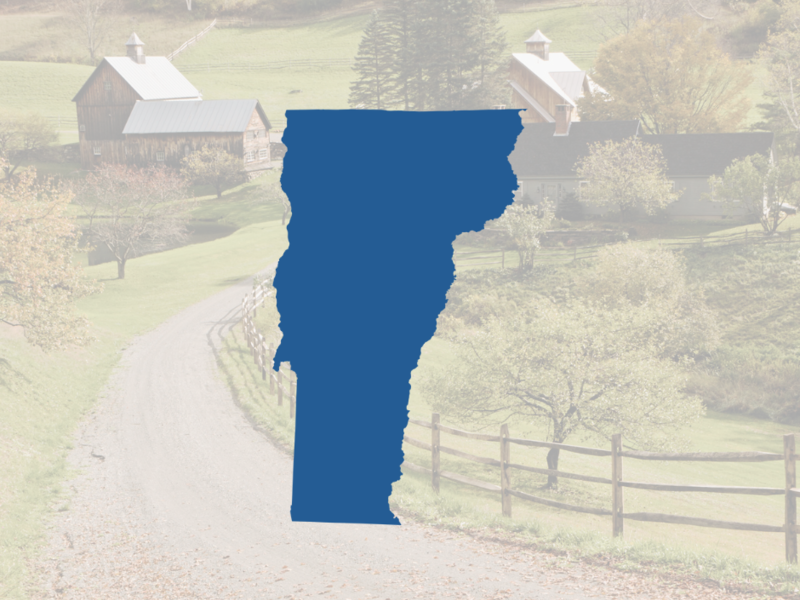
Starting Tuesday, the House is in session 13 days and the Senate 14 before the August recess begins. As congressional Republicans face their long list of to-do items, one thing will weigh heavily on their minds: What will they tell their base if they don’t repeal and replace Obamacare, pass a significant tax cut or tax reform, approve a major infrastructure bill, or build a “Great Wall” between the U.S. and Mexico? What if none of these things happen, and they still have a messy fight over raising the debt ceiling, allowing the Treasury Department to continue to issue bonds, or passing a budget before Sept. 30 to keep the government running?
The Republican Congress can point to no significant legislative accomplishments this year and very little progress on its big promises, unless you count the House passing a health care bill that only 30 percent of Americans in last month’s Kaiser Family Foundation Health Tracking Poll viewed favorably. (By comparison, the much maligned and definitely flawed Affordable Care Act had a favorability rating of 51 percent.) In other words, if lawmakers succeed only in keeping the lights on, the water running, and the toilets flushing, voters may wonder why they sent them to Washington in the first place.
On health care, Republicans must choose between breaking their promise to repeal and replace Obamacare or enact a substitute that people hate even more. And while passing a big tax cut would be very popular in many quarters, what if it came at the cost of driving up an already sky-high deficit? And what about the expectation that the GOP will straighten out the unwieldy tax system?
Republicans are like the dog that caught the car. Now what? President Trump and congressional Republicans raised their supporters’ expectations so high that failing to deliver could have profound consequences. Interestingly, consumer-confidence polling shows that Republicans are very optimistic about tax cuts and economic policies while Democrats are very pessimistic about policy changes and worry about where the economy is headed. What if the Republican faithful figure out that very little is happening and not much is likely to happen? Will Republicans in general and Trump supporters in particular vote in the 2018 midterm elections, or will they be no-shows like the Obama voters in 2010 and 2014?
The stakes for the 2018 midterm states are huge. Republicans wonder how badly they’ll do in House, gubernatorial, and state legislative elections and how well they can do in Senate races. Democrats have 25 Senate seats at risk, five in states that Trump carried by 19 points or more and five others that he carried by lesser margins, while the GOP has only nine seats up next year and only one in a state that Hillary Clinton carried. So 2018 should be a historic opportunity for Republican gains in the upper chamber. A Republican president with job-approval ratings in the low- to mid-50s would likely mean GOP gains of at least three to five seats, maybe more. But with a president whose job-approval ratings average around 39 or 40 percent and a GOP Congress that has little to show for itself, 2018 could be an opportunity lost for Senate Republicans.
Keep in mind that the House is up in its entirety every two years and thus is most responsive to the national political climate. Gubernatorial and Senate races often turn on how many and which seats are in play, and what happened the last time and even the previous time that these seats were up. Because governors serve four-year terms (except in Vermont and New Hampshire, where they’re in office for two years), the seats up for grabs in 2018 were last filled in the midterms during President Obama’s second term. These midterms were almost as big a disaster as his first midterms. (In 2010, Republicans swept to a House majority, and in 2014 they regained control of the Senate for the first time since 2006.) So Republicans are hugely overexposed to potential losses in the gubernatorial races because of their successes in the last two midterms. In the Senate, with its six-year terms, the shoe is on the other foot. Democrats are hugely overexposed because of their enormous gains in 2006—President Bush’s horrific midterms during his second term—and in 2012, when Obama won reelection over Mitt Romney by a wider margin than anticipated.
The operative questions are: How bad will it be for Republicans in the House and gubernatorial races, and how good will it be for the GOP in the Senate? The short answer is that Republicans better have a pretty impressive list of meaningful-sounding accomplishments to make up for what’s likely to be a largely empty plate on the big-ticket items.
This story was originally published on nationaljournal.com on July 11, 2017









Subscribe Today
Our subscribers have first access to individual race pages for each House, Senate and Governors race, which will include race ratings (each race is rated on a seven-point scale) and a narrative analysis pertaining to that race.